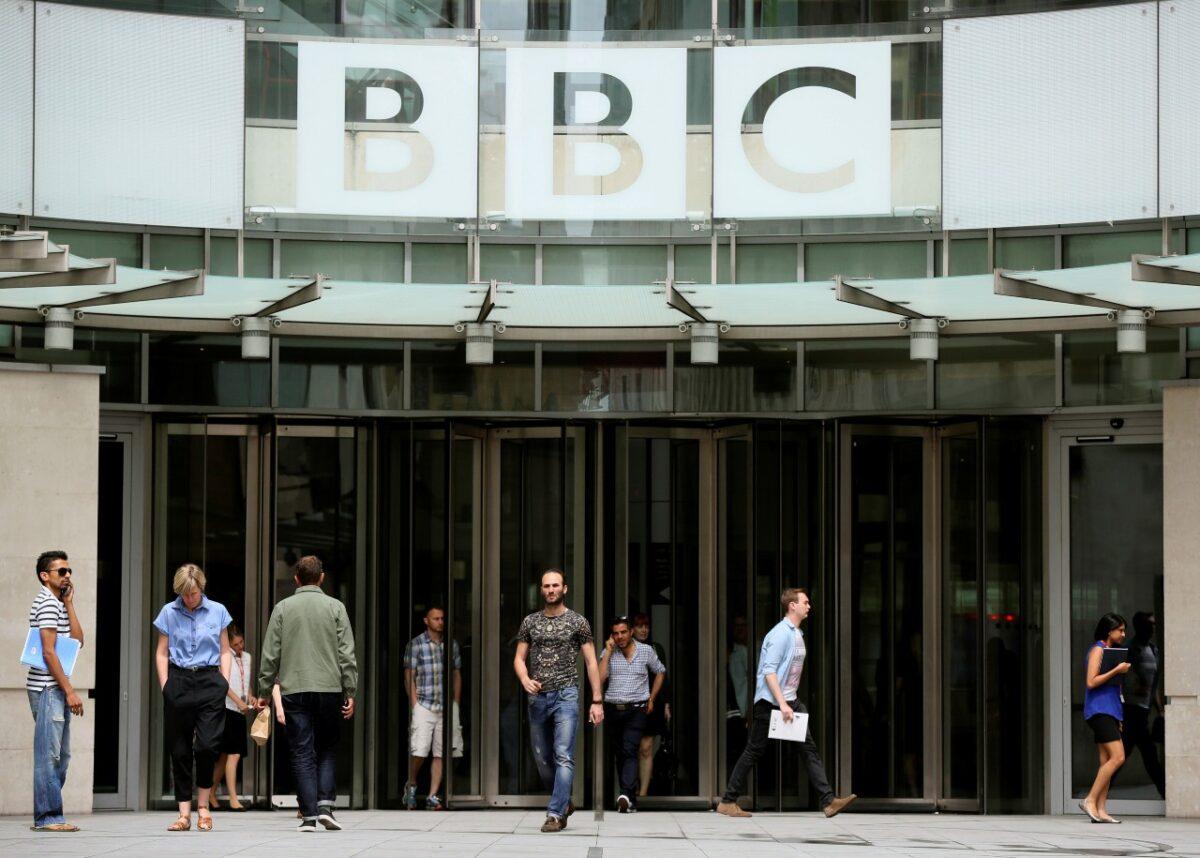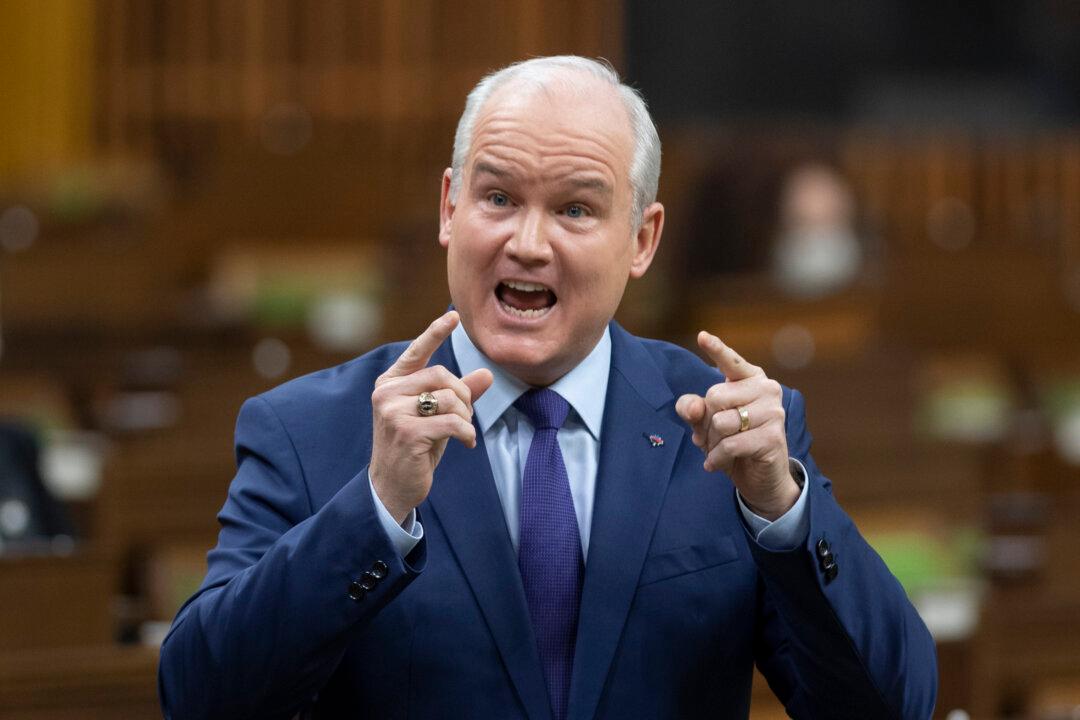Conservative Leader Erin O’Toole called on the federal government to “finally stand up to China” after Beijing announced Thursday it was banning the BBC World News from airing in China.
“Today, Communist China banned BBC World News. This comes as no surprise when we saw a record 17 foreign journalists expelled from China early last year,” said O’Toole in a statement. “Clearly, the suppression of the press continues to grow.”
“This comes at a time when Canada depends on reporting for updates on illegally-detained Canadians Michael Kovrig and Michael Spavor, China’s crackdown on the 300,000 Canadians in Hong Kong, and the genocide of Uyghurs,” he added.
Beijing recently criticized the BBC for their reports on the COVID-19 situation in China and on allegations of forced labor and sexual abuse in the Xinjiang region, home to the Uyghurs and other predominantly Muslim ethic groups.
The BBC’s China coverage “went against the requirements that news reporting must be true and impartial, and undermined China’s national interests and ethnic solidarity,” state-run media Xinhua quoted the NRTA as saying.

O’Toole said the CCP poses threats to Canadians’ values and interests and called on Prime Minister Justin Trudeau to “start by finally calling the atrocities committed against Uyghur Muslims by the People’s Republic of China what they are—a genocide.”
Beijing’s move was also condemned by UK Foreign Secretary Dominic Raab, who described the CCP’s decision as an “unacceptable curtailing of media freedom,” adding in the Twitter statement that it “will only damage China’s reputation in the eyes of the world.”
The regime’s retaliation comes a week after UK broadcasting regulator Ofcom revoked the licence of CGTN, or China Global Television Network, an international English-language satellite news channel owned by the Chinese regime and directly controlled by the Chinese Communist Party (CCP) on Feb. 4.
Ofcom found CGTN guilty in July 2020 of “serious” violations of British broadcasting regulations for airing a forced confession extracted from British citizen Peter Humphrey in 2013.
“CCTV journalists then aimed their cameras at me and recorded me reading out the answers already prepared for me by the police. No questions were asked,” he said.





